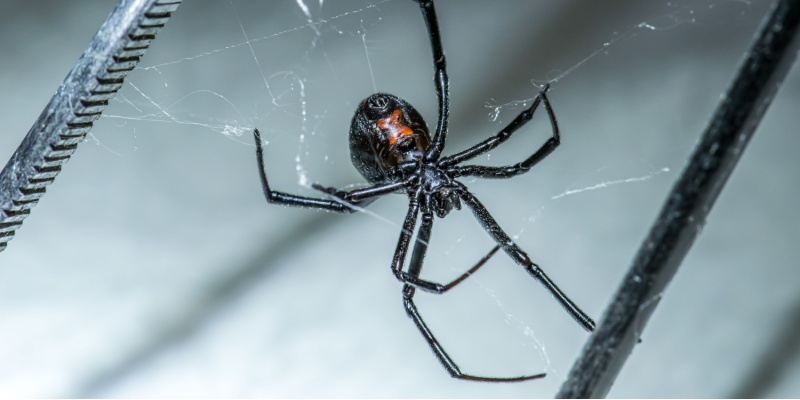Spiders are a common presence in many households, often seen lurking in secluded, quiet corners where they are least likely to be disturbed. Understanding the preferred hiding spots of these arachnids can significantly help in minimizing their presence indoors. Spiders seek out environments that offer darkness, warmth, and a continuous food supply—conditions that are often abundantly provided in human dwellings.
Common Hiding Spots Inside Your Home
Spiders are adaptable creatures and can make their homes in various indoor locations:
- Behind Furniture: One of their favorite hideouts is the dark space behind large furniture pieces such as sofas, cabinets, and bookshelves. These spots provide the perfect shelter for spiders to spin their webs and ambush unsuspecting prey that comes wandering by.
- In Clutter: Any area of your home that accumulates clutter provides excellent shelter for spiders. Stacks of storage boxes, piles of old newspapers, and even seldom-used clothing can become safe havens for these pests. Cluttered garages, attics, and basements are particularly prone to spider infestations due to the reduced human activity in these areas.
- Cracks and Crevices: Spiders often take advantage of the small openings around doors and windows, as well as any cracks in the walls or floors. These narrow spaces not only serve as entry points into your home but also as safe retreats where spiders can reside without disturbance.
- High Corners and Ceilings: The upper corners of rooms and along ceilings are ideal for web construction. These high, undisturbed areas allow spiders to build extensive webs to catch flying insects like flies, mosquitoes, and moths.
Preventive Measures to Control Indoor Spider Populations
Managing the presence of spiders in your home involves a combination of cleanliness, vigilance, and preventive maintenance:
- Regular Cleaning: Routine vacuuming and dusting can remove existing spiders and their webs. This not only deters new spiders from moving in but also eliminates the eggs and potential future infestations.
- Decluttering: Reducing clutter in your home eliminates many of the secluded spots spiders favor for nesting. Organizing storage areas and maintaining a minimalist approach to household items can significantly reduce your spider issues.
- Sealing Entrances: Inspecting the exterior of your home and sealing gaps or cracks with caulk can prevent spiders from entering. Pay special attention to window frames, doorways, and the foundation of your house.
- Natural Deterrents: Some natural remedies can help keep spiders away. For example, essential oils like peppermint, tea tree, and citrus emit scents that spiders find unpleasant. Spraying these oils around windowsills and doorways can help deter their entry.
By implementing these strategies, you can greatly diminish the likelihood of spider infestations in your home. Keeping your living spaces clean, reducing clutter, and sealing off entry points are effective steps toward maintaining a spider-free environment. If spider problems persist, consulting with a professional pest control service can offer additional solutions tailored to your specific situation.
